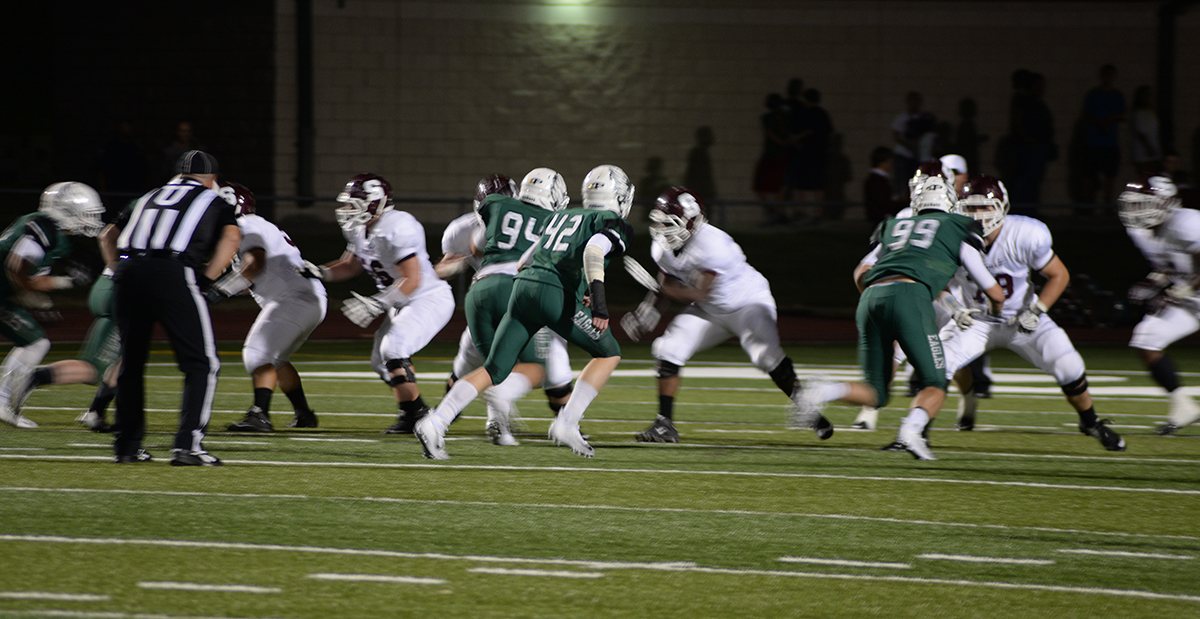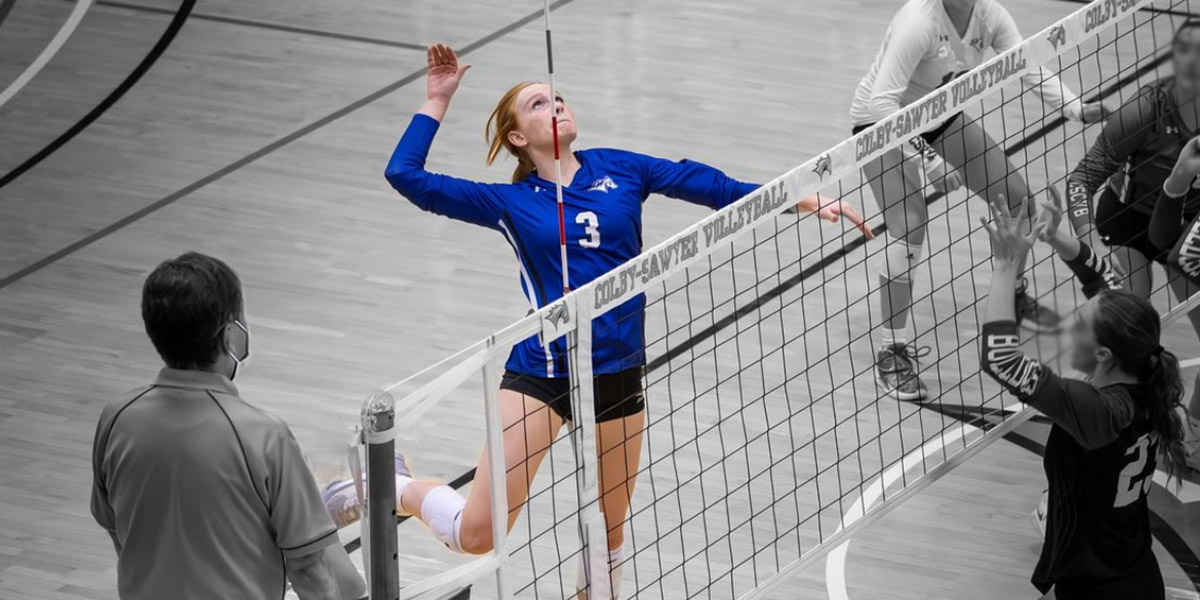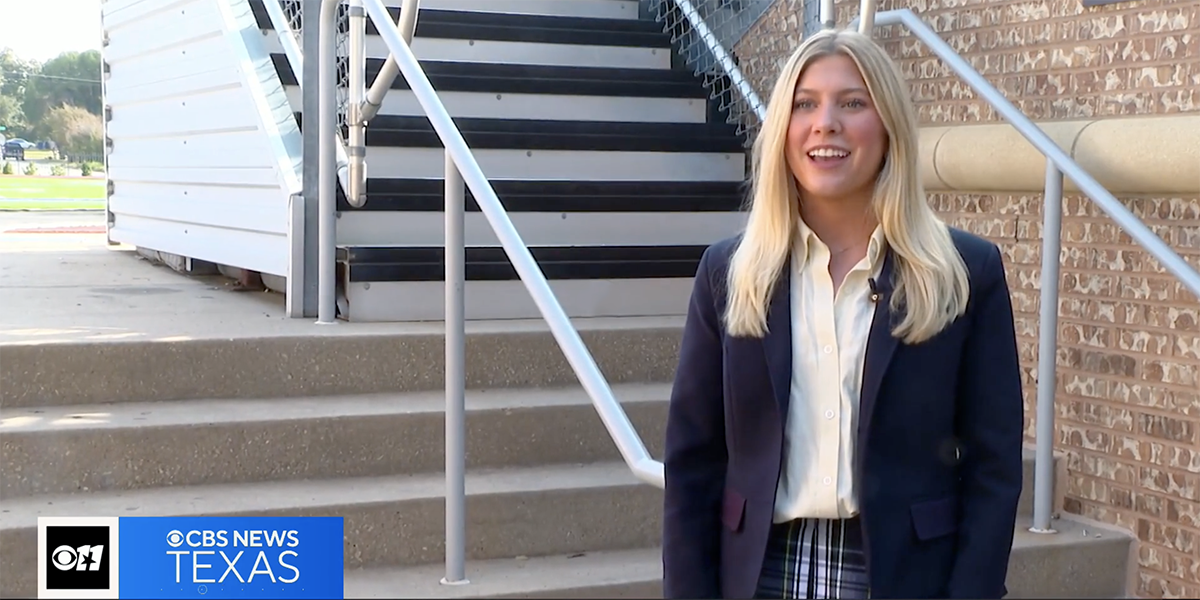Taylor Morrison, M.S., R.D., CSSD, L.D., hears this question from young male athletes commonly, “What can I do to build muscle?” These athletes often end up turning to fancy and expensive supplements or loading up on meat at lunch and dinner but often don’t see the results that they want. It’s important as members of the athlete’s care team that we provide the right information and appropriate support to help them achieve their goals.
Keys to Success
- Work on any body composition changes during the off-season.
- Plan for gradual weight gain with a well-balanced diet.
- Pair a solid nutrition plan with a developmentally appropriate strengthening program.
- If your young athlete’s doctor determines a supplement is needed, teach the athlete how to evaluate supplements for safety. Learn more about supplements here.
- Consult with a physician, dietitian or other qualified health care professional with any concerns or questions.
Here are some questions to ask when the young athlete’s plan isn’t working:
What stage of development is the athlete in?
Make sure this is the appropriate time to be building muscle. Remember that large gains in lean muscle cannot be achieved in boys until they have gone through puberty and have the hormones to support these gains. Only if the athlete is ready developmentally will the following strategies help him reach weight and strength goals.
Has the athlete increased his total caloric intake?
Many athletes focus entirely on protein and miss the big picture. If your athlete is eating a ton of protein, but still not eating enough overall, he will not see gains. An athlete must increase his overall caloric intake to see gains in weight and muscle.
Is protein intake spaced evenly throughout the day?
Many athletes will skip breakfast, eat what they can find for lunch and have a huge dinner. Unfortunately, the body only utilizes, on average, 20 to 30 grams of protein at once (exact amount may be higher or lower than this range and is unique to each athlete) to build muscle. Waiting to eat all of the day’s needed protein at the end of the day will not support desired gains. For optimal strength and muscle gains, make sure the athlete is getting protein at every meal and in some snacks.
Is the athlete eating enough carbohydrates?
While protein is important to build muscle, carbohydrate is needed for energy. If the athlete is under-consuming carbohydrates, the body may use protein for fuel. Make sure the athlete eats enough carbohydrates from whole grains, vegetables, dairy and fruits so that the protein can be used to build and maintain lean muscle.
Is the athlete including regular resistance training in his workouts?
All of the protein, carbohydrates and calories will not help if the muscles are not being worked! Make sure the athlete is including consistent resistance training each week to build lean muscle.
Tips for Young Athletes
- Set appropriate goals. For most athletes, gaining one to two pounds per week is a safe and reasonable goal.
- Remember the overall goal: Optimal performance is the overall goal. Measure improvements in performance, not just a number on the scale.
- Be realistic. Young pre-pubertal athletes will not gain muscle mass like an adult
- Focus on real food. Choose healthy higher calorie foods instead of junk foods with “empty calories.”
- Get enough sleep. This is often forgotten for meeting goals to gain or lose weight.
*If unsure where to start, it’s always a good idea to work with a certified sports dietitian who can help you create a plan, recommend products and support you as you work towards your goal.














